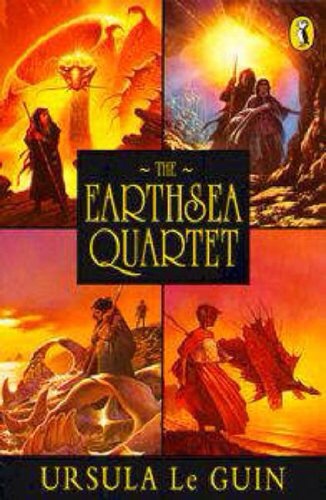This was – and still is – a big book. The problem for me with reading big books is that there’re that little bit more difficult to carry around and they can take ages to finish, especially if you’re a slow reader, like me. Nevertheless, this book was worth it. Without a doubt.
A Clash of Kings is the second book in the series A Song of Ice and Fire, of which A Game of Thrones is the first. It basically picks up where A Game of Thrones left off, and is called A Clash of Kings because there are so many people at this time in the series who think they should be king. It’s quite a complicated story with many complex characters, but that’s the basic jist of it.
I definately prefer this book to the previous one in the series. Where A Game of Thrones didn’t start to feel properly exciting until it reached its climax near the end, I felt that A Clash of Kings got into the drama and action much more quickly. Apart from the first few chapters where nothing much actually happened (which I’m fine with, to be honest, since the chapters were still well written and necessary in order to develop each character’s backstory) almost every chapter was impossible to stop reading, with the exception of a few slightly less interesting chapters here and there.
There were times when I thought, “This book is blowing my mind.” For example, one night, I stayed up til nearly one in the morning reading it, thinking I would just read up to the end of the battle that was taking place, before realising that the battle went on for four more chapters. (By the way, I liked how here the book swings back and forth between Sansa’s point of view and Tyrion’s point of view, rather than simply giving each character an incredibly long chapter.) After finally putting the book down, I remained a little stunned. So much happened in the book that it would have been impossible to foresee the ending of the second book from the ending of the first. I feel that each of the characters travelled a long way, taking me with them as they went.
This book also had a much larger element of fantasy compared to the first one. It was still for the most part a fictional historical drama, but I enjoyed the introduction of “green dreams” and “wargs”, although I know things like that aren’t to everyone’s taste.
Part of what I love about this series is that each character has their own unique and complex personality and backstory, rather than in some books or movies where characters exist only to hold the plot together and have only a vague personality at best.
For example, I loving getting a better look-in at who Theon was as a person. And although I strongly disliked him, I also felt incredibly sorry for him. He’s unpleasant enough to those around him, but he’s also kind of lost. He doesn’t know whose side he should be on, or where he belongs. He feels he doesn’t belong anywhere, and he’s right, to an extent. And that isn’t his fault, although it doesn’t excuse his later actions. He actually reminded me a little of Macbeth towards the end, as his guilt and regret consumed him, and he realised he was alone and hated by those who were once his friends, with nothing remaining to him but an empty title he’d given himself.
I also think I’m beginning to like Sansa a lot more, despite the fact that I used to hate her. She really loses a lot of her naivety, as she realises the harsh reality of her situation. Nevertheless, she still spends a lot of time waiting around for some knight in shining armour – literally – to rescue her. But then again, what else can she do?
Whilst reading this book, I also began watching the TV series Game of Thrones. I’ve only watched the first four episodes of the show so far, and I think it’s very good, but doesn’t compare to the book. The book is much easier to understand, and explores the characters’ personalities a lot more deeply. However, that may be due to the fact that I’ve only just started watching it, and I definitely plan to continue with it.
This book, like I said, blew my mind. It’s very much character driven, which I love and is incredibly exciting and climatic. I recommend it to fans of fantasy and/or historical dramas. It may take a while to read, but trust me, it’s worth it.
